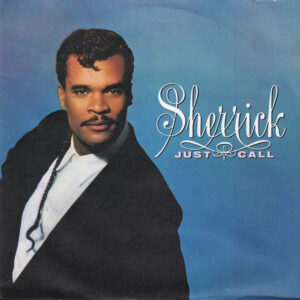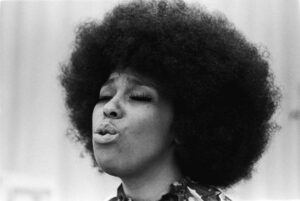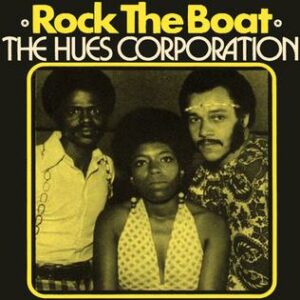They’ll call Earthglow, the latest album by veteran jazz pianist David Benoit, a smooth or contemporary jazz record, and I have no problem with that. Some people might quarrel with classifying Earthglow as a contemporary jazz record — as that category has come to be defined. Contemporary jazz (or smooth jazz) is now viewed by many as consisting of straight instrumental covers of R&B songs with just a smidgen of improvised solos. Of course, I’ve always tried to figure out why an album of instrumental covers of R&B songs gets classified as contemporary jazz while a record of straight ahead jazz originals is likely to get slotted as something else. Earthglow will likely be classified as contemporary jazz because Benoit was one of the leading figures in creating the genre back in the day.
Still, Earthglow is a record that resists the tyranny of category. The record has that late 1970s feel when folks were still labeling as fusion the jazz played with electric instruments by musicians who were open to incorporating R&B and rock. I always thought that fusion was a more appropriate description largely because the songs gave the musicians space to improvise and communicate, which is an essence of jazz. Benoit, who counts Vince Guaraldi and Bill Evans as piano influences, is an artist who brings the straight ahead jazz ability to play well with others to modern contemporary jazz – a sub genre were the collaboration gene is not always present.
Earthglow listeners will hear an artist who is, as always, creative. Songs such as the title track show and "Brownie’s Gone" highlight the kind of small combo intimacy that longtime fans heard on classic tracks like "Cast Your Fate to the Wind." Meanwhile, the Latin tinged "Botswana Bossa Nova" and "Will’s Chill" allow Benoit to show how he can create and collaborate on up-tempo tracks that vary tempo. All of these qualities make Earthglow a departure from the prevailing view of what contemporary jazz is – and it is a welcome departure at that. Recommended
By Howard Dukes










